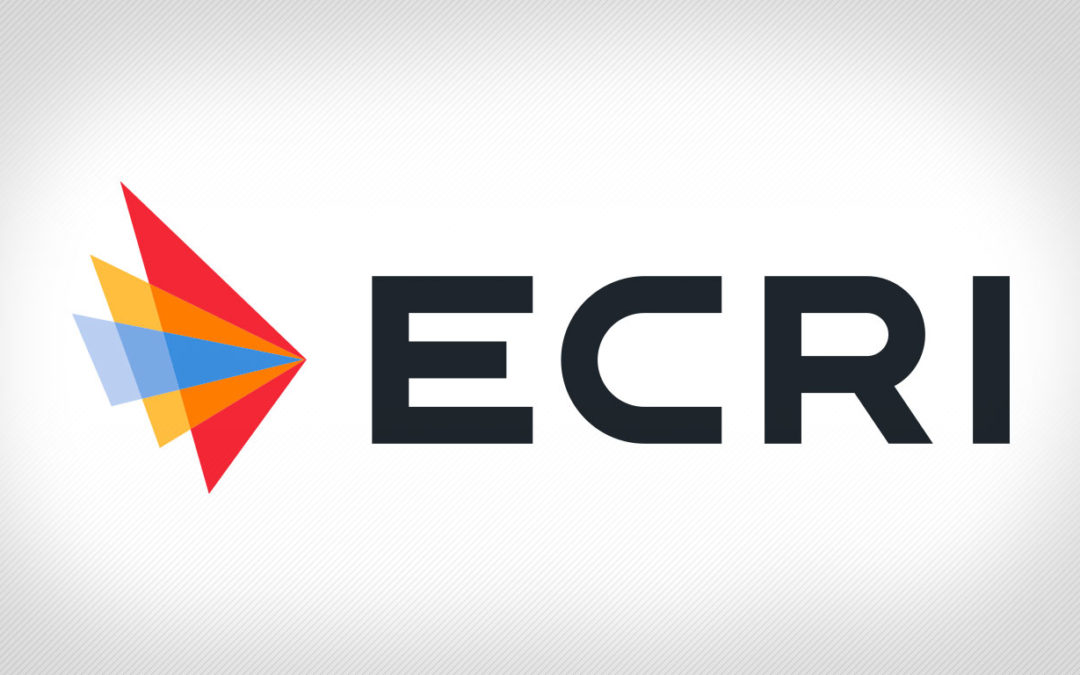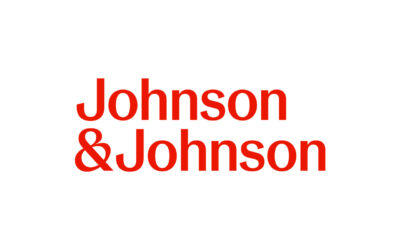
New analyses by the nation’s leading patient safety organization show that more than 50 percent of the disposable isolation gowns it tested failed to meet standard levels of protection, putting healthcare workers at risk of exposure to bloodborne or other pathogens, as well as SARS-CoV-2, the virus that causes COVID-19.
Researchers at ECRI, a non-profit organization that has advised hospitals, government organizations and other healthcare stakeholders on product safety for decades, found that 52 percent of gowns with unstated levels of protection failed to meet even the Association for the Advancement of Medical Instrumentation’s (AAMI®) lowest level for protection. ECRI also tested gowns that claimed AAMI-level protection and found that 50 percent did not meet the AAMI PB70 standard, a system for the evaluation and classification of liquid barrier performance.
ECRI issued a high-priority hazard alert to warn U.S. healthcare organizations about its safety concerns after evaluating 34 distinct models of disposable gowns from suppliers outside America or from non-traditional suppliers. The evaluation was done according to rigorous product-testing protocols conducted by ECRI’s quality assurance experts at the organization’s independent medical device laboratory.
“Hospitals have been ramping up their procurement of isolation gowns to protect workers from the novel coronavirus and we’re finding that many of the products they are buying simply do not meet basic protection standards,” said Marcus Schabacker, MD, PhD, ECRI’s president and chief executive officer. “Our research shows that you can’t judge the authenticity of the product based on its appearance, labeling, or packaging without product testing.”
Since the pandemic began, healthcare providers across the nation have struggled to procure personal protective equipment (PPE), including isolation gowns and N95 masks. Dire circumstances, supply chain shortages, and a lack of a centralized approach to dealing with the crisis are forcing healthcare systems in the United States to find alternative supply sources.
Many PPE products from non-traditional and international suppliers are unsafe and ineffective. In September, ECRI released its analysis of imported masks and found 70 percent of the Chinese KN95 respiratory masks it tested failed to meet U.S. standards.
ECRI experts warn against healthcare organizations using isolation gowns from outside the United States or from non-traditional suppliers. If using these products is the only option, they must be used only in extremely low-risk circumstances or undergo independent laboratory testing for liquid impact and hydrostatic penetration to verify barrier effectiveness. Sterile gowns are necessary during invasive procedures, such as inserting a central line.
“As we have seen first-hand, manufacturer test reports or certificates are not a guarantee that these gowns are safe and effective,” said Michael Argentieri, vice president for technology and safety at ECRI. “We are advising our members against purchasing gowns that do not adequately protect healthcare workers, especially during the pandemic.”
For more information about ECRI’s independent testing of isolation gowns, e-mail clientservices@ecri.org, call 610-825-6000, x5891, or visit www.ecri.org.









